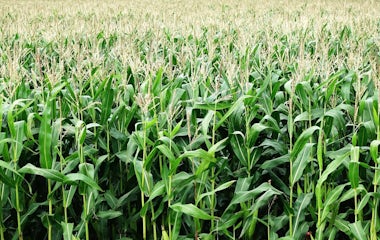What you will discover:
- Early insights on the economics of smallholder finance portfolios, including key cost and revenue drivers.
- Potential pathways for improved profitability that can help guide investment decisions for Financial Service Providers (FSPs) and their funders.
- Reflections on the broader social and economic value unlocked by FSPs and the role of smart subsidy in making FSPs business models both viable and impactful.
Over the last four years, IDH The Sustainable Trade Initiative, with support from the Mastercard Foundation Rural and Agricultural Finance Learning Lab (RAFLL) and Dalberg Advisors, has been working to bring greater market transparency to the smallholder financing gap in sub-Saharan Africa. To do this we assessed the service delivery models (SDMs) of seven financial institutions.1 The initiative’s goal was to understand the true economics of providing finance to rural, mostly smallholder farmer populations and to describe the benefits and costs of these efforts for smallholder farmers, buyers, and providers of capital.
Along the way we discovered a large diversity of Financial Service Provider (FSP)-led models working in partnership with other value chain actors to serve smallholder farmers.
The seven FSPs analyzed varied in business model, country of operation, and point in time evaluated. This diversity made it difficult to compare the business models or develop a definitive and systematic assessment.
Despite this, our efforts yielded the important—potentially sector-altering—lessons summarized and shared here. The product of hundreds of hours of collective effort by multiple teams, this study also built on an incredibly rich trove of unique data from the seven participating FSPs, their partners, and their customers. The key findings are summarized below and explained in more detail in the full report.
Related Resources


